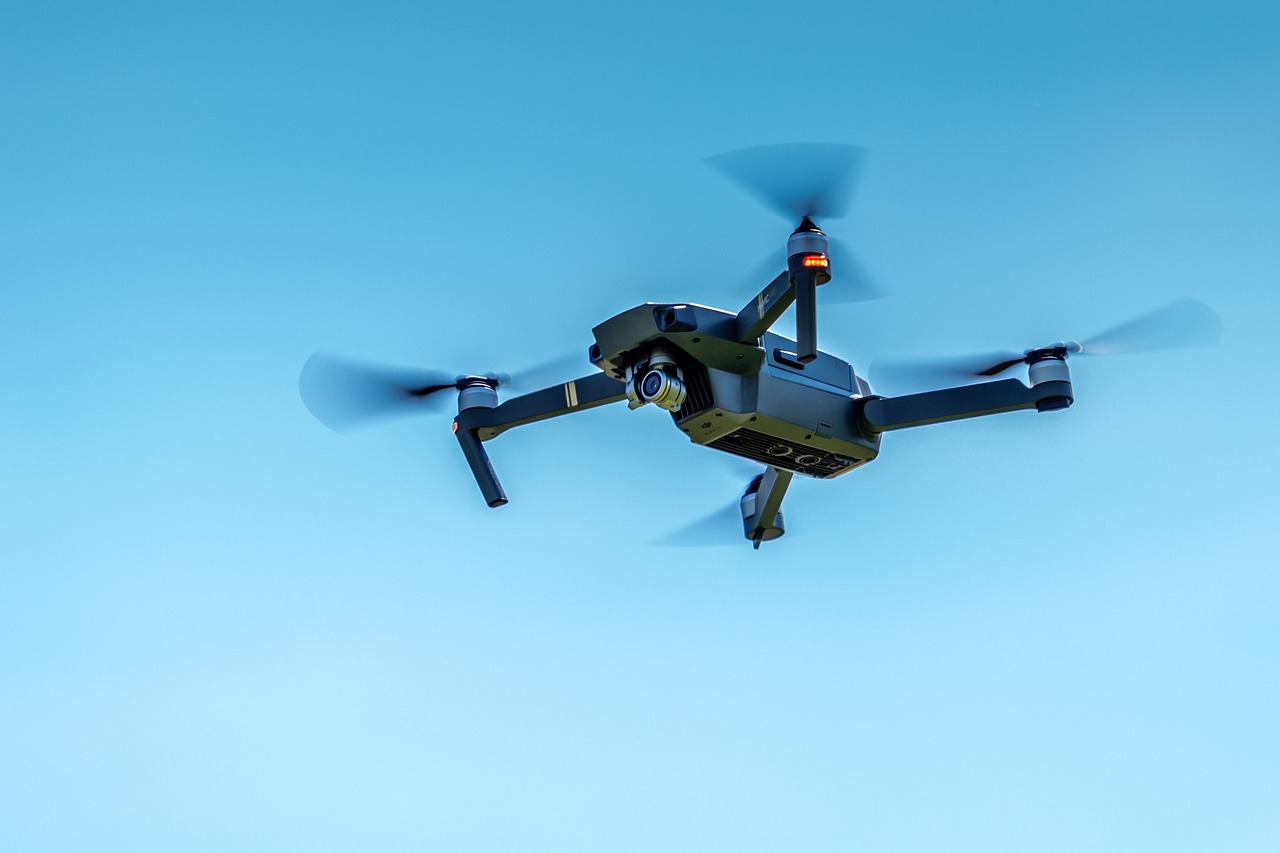This post is also available in:
 עברית (Hebrew)
עברית (Hebrew)
Rights organizations warn that the UN cybercrime treaty threatens freedom of expression.
In trying to reach a consensus, over 145 representatives of UN member countries are discussing the current version, which is known as the Zero Draft and was approved in June. Its aim is to create a legal framework of international cooperation on preventing and investigating cybercrime and prosecuting cybercriminals.
However, some experts from rights organizations say parts of the treaty could instigate a “global surveillance pact,” with measures that could undermine the privacy and freedom of expression of millions of people, particularly journalists, activists, and victims of discrimination and marginalization.
According to Cybernews, the first issue is the concept of dual criminality, which means that offenses can only be prosecuted if they’re illegal in both the country where they’re committed and the country carrying out an investigation.
The Electronic Frontier Foundation’s policy director for global privacy Katitza Rodriguez explains: “The draft treaty provides the legal basis for governments to make highly intrusive surveillance mechanisms like interception of content and real-time tracking of metadata, available ‘to the fullest extent possible’ to foreign governments for almost any sort of criminal investigation of a serious crime with minimal safeguards.”
Furthermore, while data sharing between jurisdictions is encouraged, there’s no clarity regarding the type or scope of data this could cover, and users currently lack the right to know what’s being shared. The matter of data sharing is also a concern when it comes to information being provided to countries like Russia and China.
Besides issues of human rights, there are also concerns about the best way to address gaps in state capacity, with some states calling for technology transfer commitments. This could include dual-use technologies with military as well as civil applications.
Experts suspect that enforcement might be tricky, especially when it comes to criminal groups that are based in Russia since it doesn’t extradite citizens and barely acts against those accused of crimes in the West.
Cybernews opines that there is a strong chance that many of the ambiguities in the draft will remain, with delegates willing to do anything as long as they gain a consensus.
However, Rodriguez says, “Broadly scoped, ambiguous, and nonspecific international cooperation measures with few conditions and safeguards are simply a recipe for disaster that can put basic privacy and free expression rights at risk.”


























